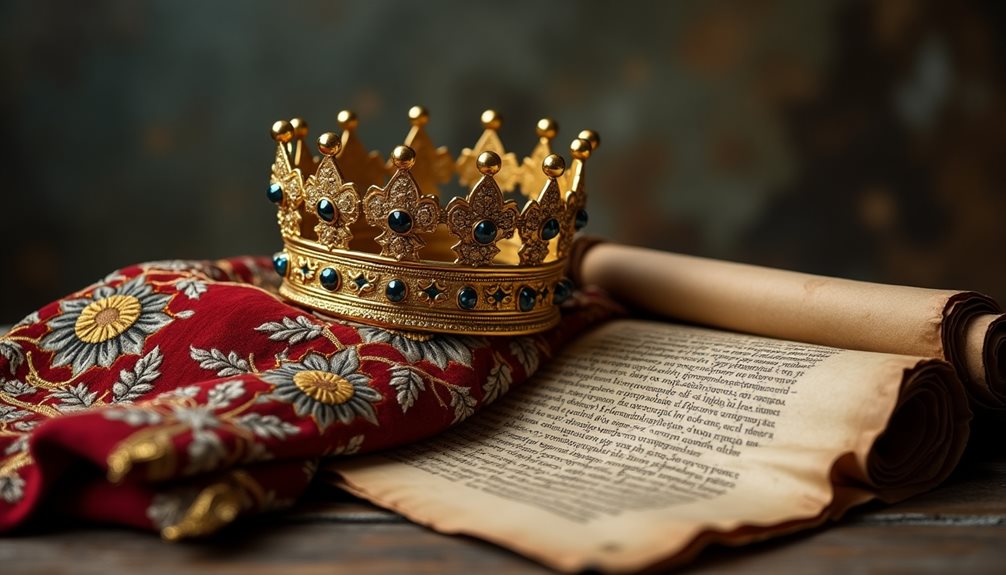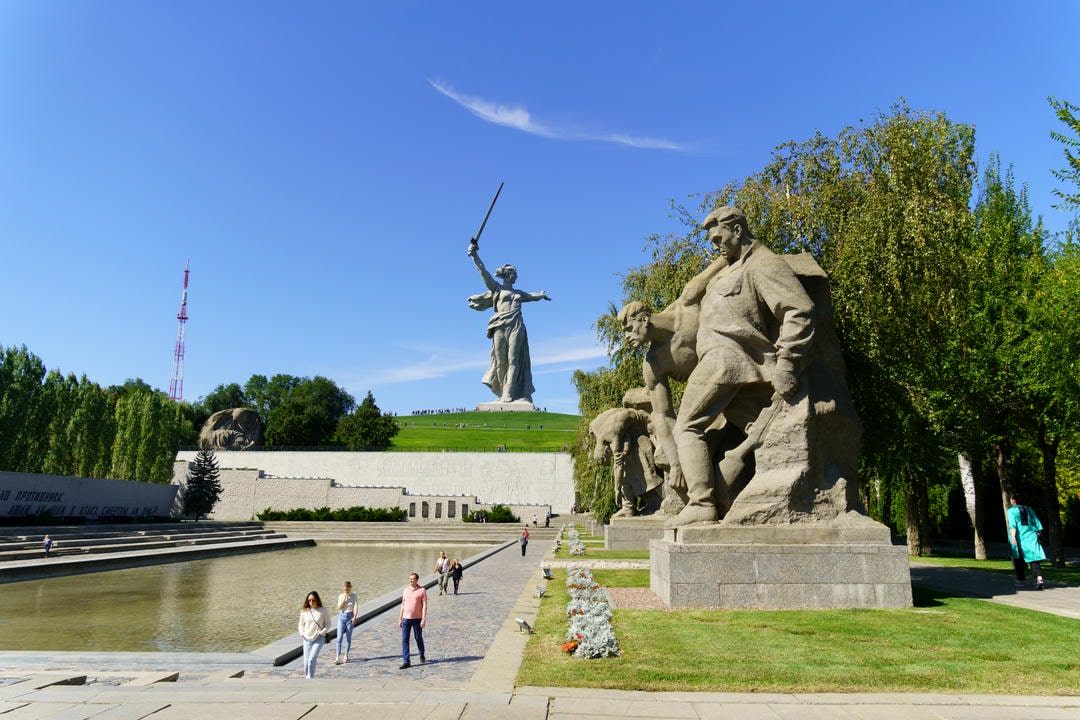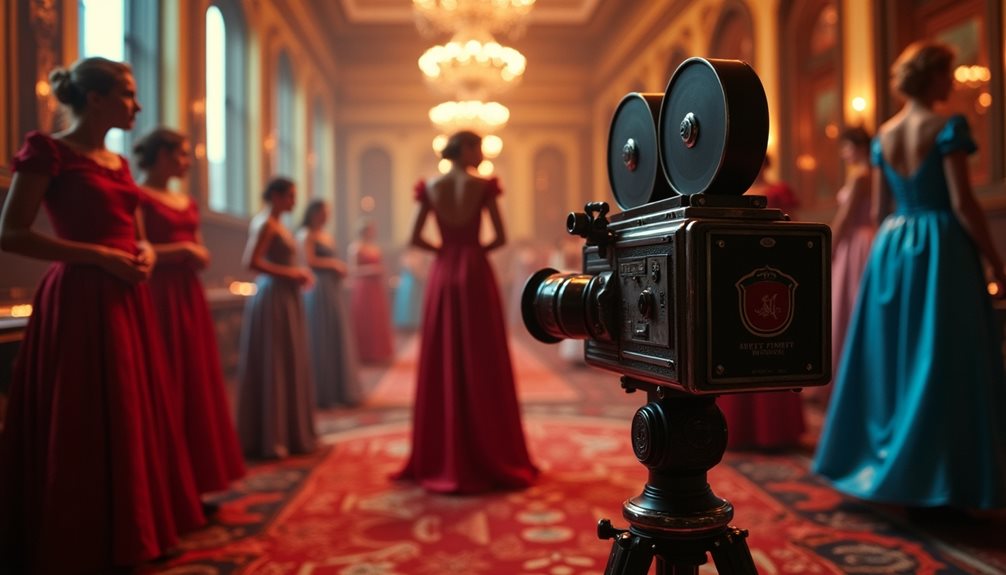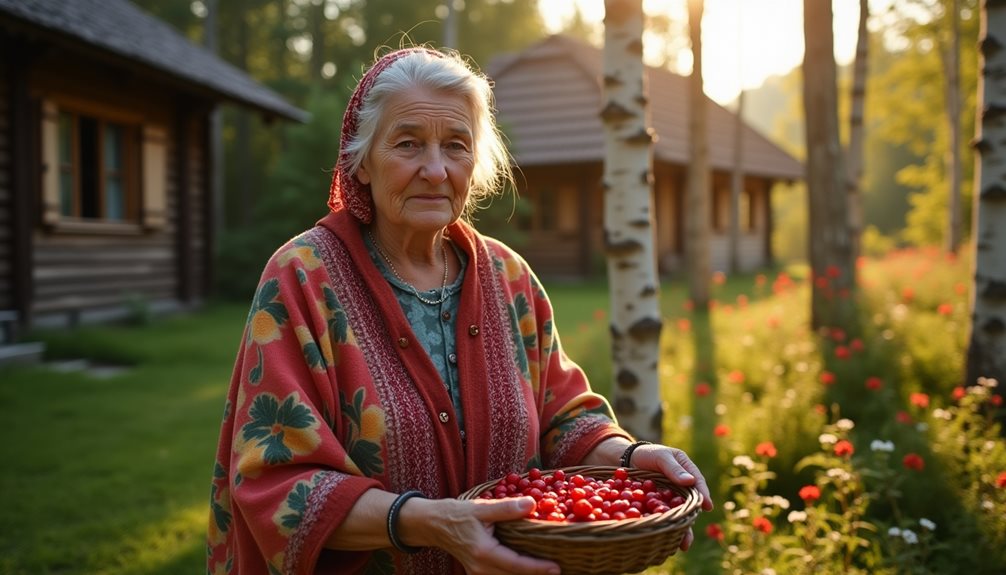Russian history is a vibrant narrative shaped by influential figures whose contributions have molded the nation’s cultural, scientific, and artistic landscapes. From early rulers who established the country’s foundations to transformative leaders, literary giants, and scientific innovators, each icon has significantly impacted Russia’s unique identity and global influence.
Early Rulers of Russia

The early rulers of Russia were instrumental in shaping the nation’s development and governance. Vladimir the Great’s adoption of Christianity in 988 was a pivotal moment that unified the country under a single faith, fostering a sense of national identity. Dmitry Donskoy’s victory at the Battle of Kulikovo in 1380 marked a crucial turning point in Russia’s struggle against Mongol dominance, instilling a sense of pride and resilience among the people. Ivan III the Great centralized power in Moscow, while Ivan IV the Terrible, the first tsar, further consolidated authority, establishing a strong, unified state. Sophia Romanov, a notable figure in a predominantly patriarchal society, demonstrated the potential for female leadership, influencing governance during her time.
Influential Leaders and Commanders
Throughout history, numerous influential leaders and commanders have shaped Russia’s trajectory with their strategic vision and decisive actions. Peter the Great, renowned for his transformative reforms, modernized Russia and established it as a formidable European power. His military strategies and cultural reforms brought Russia into a new era of enlightenment and progress. Alexander Suvorov, an undefeated military genius, showcased unmatched operational brilliance, while Mikhail Kutuzov’s defensive tactics during the 1812 campaign against Napoleon highlighted the importance of adaptability in leadership. These commanders not only influenced military outcomes but also shaped the cultural and political landscape of Russia, leaving a lasting legacy on the nation’s history.
Literary Giants of Russian Literature
Russian literature has been a beacon of profound human experiences and philosophical inquiries, offering universal insights that transcend their immediate contexts. Alexander Pushkin, often referred to as the father of modern Russian literature, pioneered poetic movements that explored the intricate nature of existence. Leo Tolstoy’s epic narratives delved into the complexities of human life, while Fyodor Dostoevsky’s works investigated moral dilemmas, challenging societal norms. Nikolai Gogol employed satire to critique contemporary life, offering a unique perspective on Russian society. Through their diverse stylistic approaches, these literary giants enriched the cultural landscape of Russia, inspiring readers worldwide and affirming the enduring power of literature in shaping thought and society.
Contributions to Arts and Culture
The interplay of literature and the arts in Russia has fostered a rich mosaic of cultural legacies that reflect the complexities of Russian identity. Pyotr Tchaikovsky’s compositions and Ilya Repin’s paintings are just a few examples of the artistic movements that flourished during this period. These cultural expressions served as both mirrors and architects of society, galvanizing national sentiment and inspiring generations. The symbiotic relationship between literature and the arts has enriched the collective consciousness of the Russian people, illustrating how cultural expressions can shape and define a nation.
Scientific Innovations and Discoveries
Russia’s contributions to science and technology have been equally significant. Dmitry Mendeleev’s formulation of the Periodic Law revolutionized chemistry, while Sofia Kovalevskaya, the first female mathematics professor, made groundbreaking contributions to differential equations. Igor Kurchatov’s work in nuclear physics and Andrei Sakharov’s contributions to thermonuclear weapons illustrate significant technological advancements during the 20th century. These innovations not only advanced scientific understanding but also influenced geopolitical dynamics, underscoring Russia’s integral role in the evolution of modern science and technology.
Pioneers in Russian Cinema
Russian cinema has also made a significant impact on the global stage. Sergei Eisenstein, known as the Father of Montage, revolutionized cinematic techniques through his innovative editing styles, influencing filmmakers worldwide. Andrei Tarkovsky’s metaphysical approach to storytelling redefined narrative depth, earning acclaim at international film festivals. Sergey Diaghilev’s promotion of Russian talent in Europe expanded the cultural landscape, showcasing the country’s artistic achievements to the world. Together, these pioneers not only shaped Russian cinema but also established a legacy that continues to inspire filmmakers, fostering a rich dialogue on artistic freedom and expression.
Notable Women in Russian History
Notable women in Russian history have made significant contributions across various fields. Sofia Kovalevskaya’s achievements challenged societal norms and paved the way for women in academia. Valentina Tereshkova’s legacy as the first woman in space symbolizes female empowerment in a traditionally male-dominated arena. These women exemplify resilience and excellence, inspiring future generations to pursue their ambitions and confront barriers in pursuit of equality and recognition in their respective fields.
In conclusion, the legacy of these influential figures in Russian history is a testament to the nation’s rich cultural heritage, scientific achievements, and artistic excellence. From early rulers who laid the foundations of the country to transformative leaders, literary giants, and scientific pioneers, each icon has contributed to shaping Russia’s unique identity and global influence. Their stories inspire us to explore the complexities of the past, appreciate the present, and look forward to a future shaped by the enduring spirit of innovation, resilience, and creativity that defines Russia.





